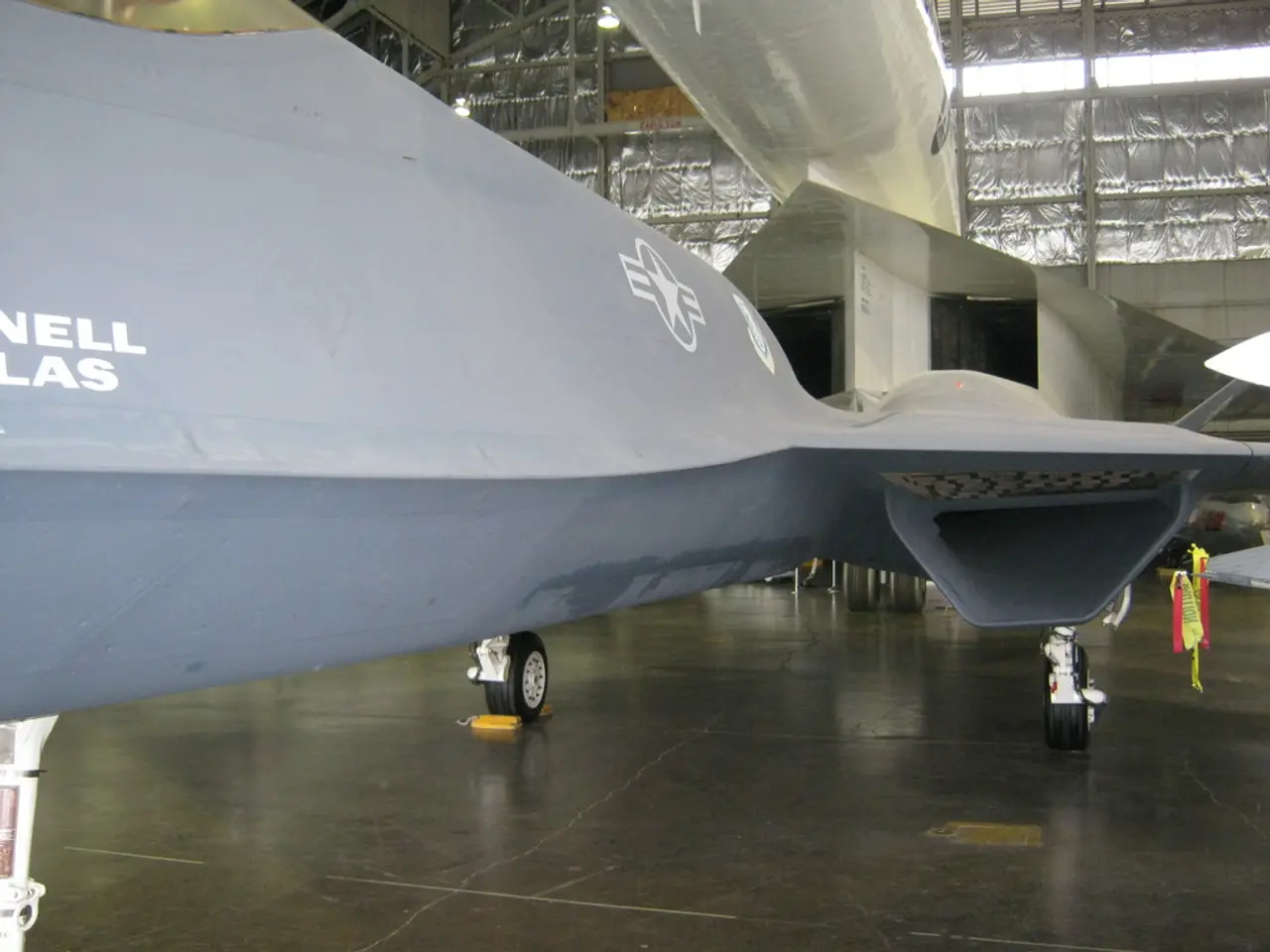Airline company Turkish Airlines prohibits the utilization of power banks during flights
On June 29, 2023, an incident occurred that highlighted the importance of adhering to safety regulations in the aviation industry. A passenger dropped a power bank between seats on a plane, causing the aircraft to return to the departure airport.
Following this incident, Turkey's Minister of Transport and Infrastructure, Abdulkadir Uraloğlu, recommended limiting the use of portable batteries to mitigate potential risks.
Three major airlines - Turkish Airlines, Pegasus Airlines, and Emirates - have implemented stricter regulations regarding power banks due to safety concerns related to lithium-ion batteries. These batteries have a known risk of overheating and causing fires in the aircraft cabin.
Pegasus Airlines has taken a more stringent approach by prohibiting the use of power banks aboard flights entirely as part of new safety regulations in Turkey. Emirates, on the other hand, will ban the use of power banks during flights but allow passengers to carry them under certain conditions, primarily restricting power banks over 100 Wh. Cabin crew will closely monitor compliance.
Turkish Airlines has similar restrictions in place, aligning with general aviation safety standards. However, the exact policies may vary.
Regarding batteries above 160 Wh, this is a widely accepted international aviation standard often enforced by airlines and regulatory authorities such as ICAO and IATA. Batteries exceeding 160 Wh generally require airline approval prior to carriage, must be carried in carry-on baggage only, and have terminals protected against short-circuit. Special packaging or declaration is typically required, and they often cannot be transported in checked baggage. Batteries over 300 Wh are usually prohibited entirely on passenger aircraft unless specifically approved, used, and packed as cargo.
These safety requirements are in place to comply with international regulations and to minimize hazards from lithium-ion battery failures during flights. Passengers are not allowed to use electronic devices on board, only carry them in hand luggage.
The stricter regulations reflect evolving global safety regulations in aviation, aiming to reduce fire risks associated with lithium batteries, especially those exceeding 100 Wh or 160 Wh. The ban on carrying power banks on board was implemented due to an incident on an Asiana Airlines flight from Istanbul to Seoul.
In summary, Turkish Airlines, Pegasus, and Emirates have taken steps to reduce fire risks associated with lithium batteries, especially those exceeding 100 Wh or 160 Wh, reflecting evolving global safety regulations in aviation. Passengers are advised to familiarise themselves with the specific power bank policies of their chosen airline to ensure a safe and smooth journey.
- Passengers traveling with Turkish Airlines, Pegasus Airlines, or Emirates should be aware of their specific power bank policies to ensure a safe and smooth journey, as these airlines have implemented stricter regulations following safety concerns related to lithium-ion batteries.
- The ban on using power banks during flights by some airlines, such as Pegasus Airlines, and restrictions on carrying power banks over 100 Wh by Emirates, are part of evolving global safety regulations in aviation aimed at reducing fire risks associated with lithium batteries, especially those exceeding 100 Wh or 160 Wh.




